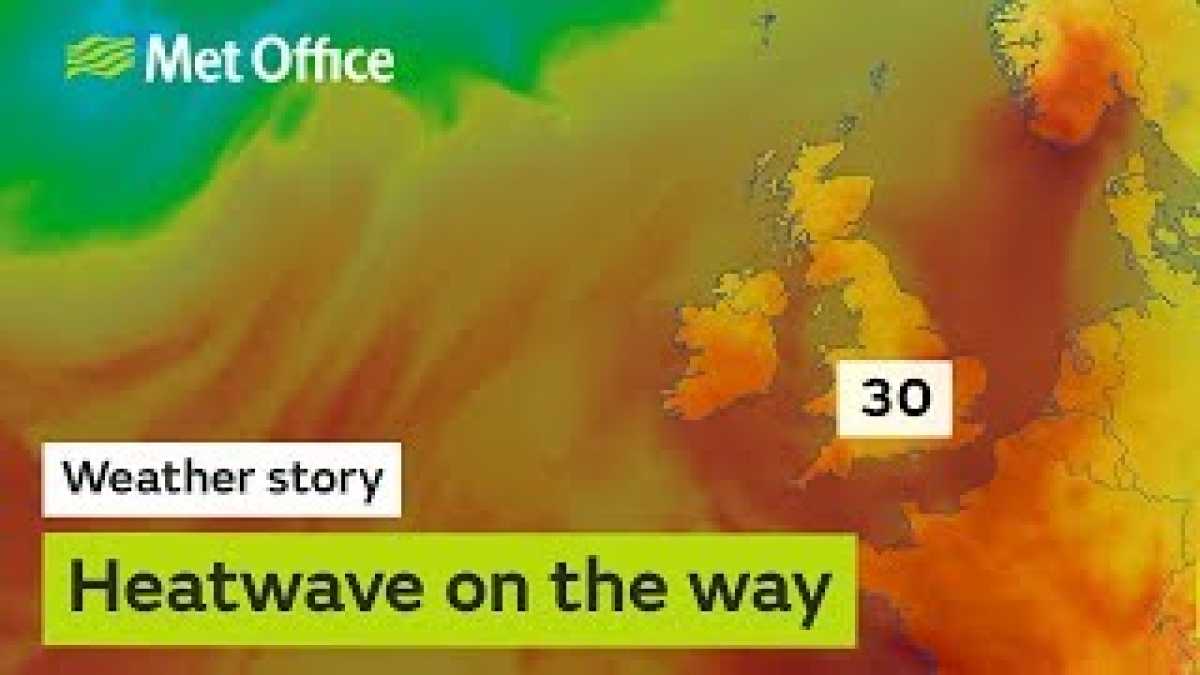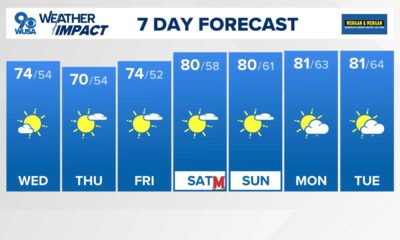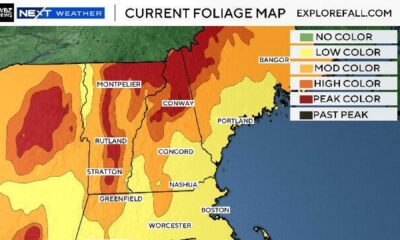News
UK Set to Sizzle as Heatwave Hits Next Week

The United Kingdom is bracing for a scorching heatwave as temperatures are forecasted to soar to 30C in certain areas next week, as announced by the Met Office. After a dreary spell, Britons can anticipate a significant uptick in temperatures nationwide. Met Office’s chief forecaster, Neil Armstrong, mentioned that central and southern regions might witness temperatures nearing the thresholds required for a heatwave.
A heatwave, per the Met Office’s definition, signifies an extended period of hot weather surpassing typical seasonal conditions. In the context of the UK, a heatwave occurs when a location experiences at least three consecutive days of temperatures hitting the heatwave threshold. The anticipated rise in temperatures comes on the heels of weeks with lows of 5C, making the impending heatwave a welcome change for many across the UK.
Substantial portions of the country are poised to experience temperatures in the mid-20s by the middle of the upcoming week, with large segments of England recording heat up to 27C. In the South East, temperatures may escalate to 29C by Wednesday. The Met Office further indicated a possibility of isolated weather stations recording 30C around the middle of next week.
Western areas are less likely to hit heatwave thresholds as a weak weather front is expected to approach on Friday and Saturday, bringing wetter conditions to northwestern Scotland. As the British populace begins plotting beach trips to make the most of the sweltering weather, the RNLI issued safety advice and warnings for swimmers.
Samantha Hughes, national water safety partner at the RNLI, emphasized the importance of safe beach activities during warm weather, highlighting the risk of cold water shock due to abrupt skin temperature changes. She advised entering the water gradually, avoiding sudden jumps or dives, and swimming between lifeguard-monitored red and yellow flags for utmost safety.












